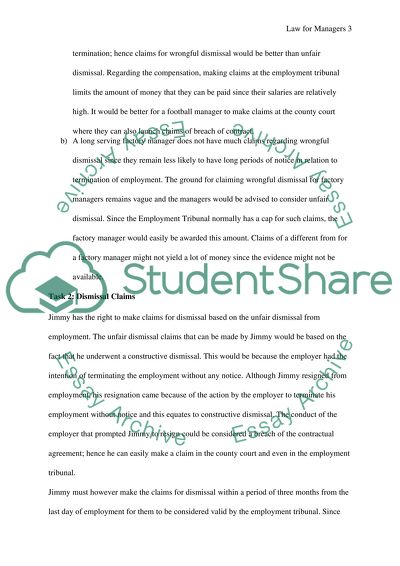Cite this document
(“Law For Managers- Exam, problem and essay questions Assignment”, n.d.)
Law For Managers- Exam, problem and essay questions Assignment. Retrieved from https://studentshare.org/law/1674729-law-for-managers-exam-problem-and-essay-questions
Law For Managers- Exam, problem and essay questions Assignment. Retrieved from https://studentshare.org/law/1674729-law-for-managers-exam-problem-and-essay-questions
(Law For Managers- Exam, Problem and Essay Questions Assignment)
Law For Managers- Exam, Problem and Essay Questions Assignment. https://studentshare.org/law/1674729-law-for-managers-exam-problem-and-essay-questions.
Law For Managers- Exam, Problem and Essay Questions Assignment. https://studentshare.org/law/1674729-law-for-managers-exam-problem-and-essay-questions.
“Law For Managers- Exam, Problem and Essay Questions Assignment”, n.d. https://studentshare.org/law/1674729-law-for-managers-exam-problem-and-essay-questions.


